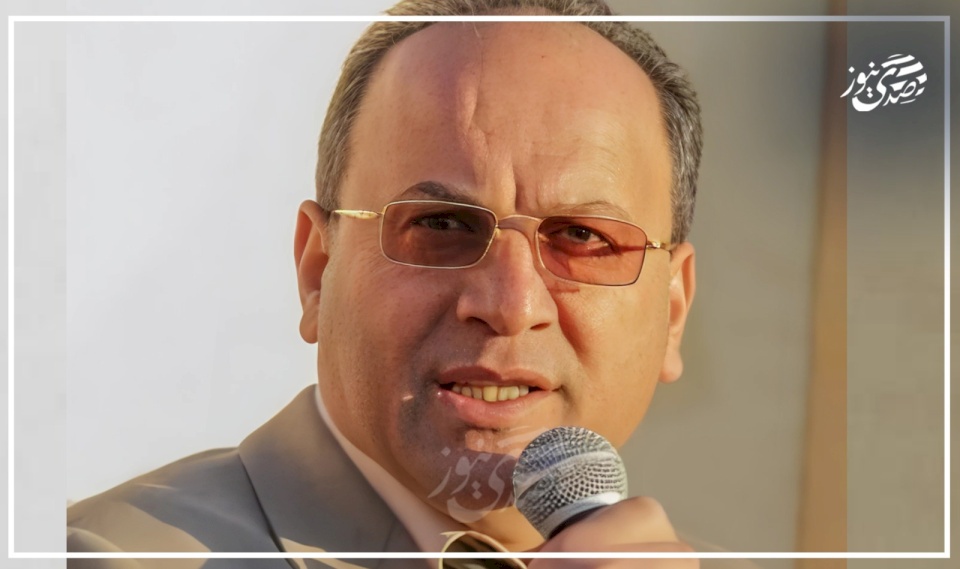
From Statement to Action.. Where Will Israel Head After Hamas' Offer?
The most important question now: How will Israel interpret this offer
Israel today seems to be held captive by one issue that overshadows everything: the Israeli prisoners and the missing individuals. The issue that was once a negotiating card has turned into a suffocating internal burden that pressures the government and threatens Netanyahu's position due to public and media reactions and the families of the soldiers themselves.
Netanyahu is now in a real dilemma:
If he halts the war without regaining the prisoners, he will be accused of defeat, and if he continues fighting without results, he will be described as sacrificing his soldiers. Israel is becoming reviled due to the casualties among children and women, starvation, bombings of hospitals and schools, and the killing of journalists. Therefore, any exchange deal today appears more like a political lifeline than a humanitarian decision.
Regarding international pressures, Israel does not pay much attention to statements or declarations; historically, Tel Aviv has only been affected when pressures turn into tangible military, diplomatic, or economic costs.
As for European positions, Netanyahu regards them as "political noise" that can be overlooked. As long as American support remains continuous in terms of weapons and vetoes, Israel remains in a state of reassurance, and even American warnings, if they happen, are absorbed through procrastination and exploiting electoral moments within Washington to evade any real obligation, which cannot occur during the Trump era.
On the Arab side, the scene is not much different; Arab pressure is mostly symbolic and media-driven without translating into real action on the ground. Major Arab capitals try to balance their image before their populations with their relations with Washington, and they always succumb to American decisions. Hence, Israel understands that this type of pressure does not change its field behavior. Therefore, after securing the Israeli prisoners, Israel will resume its policy of occupying Gaza and annexing the West Bank.
In conclusion, Israel views the situation very simply:
The prisoners equal a supreme strategic interest, and international pressures are manageable, and it is proceeding with its plans without any changes.
For this reason, if Hamas commits to a definitive offer that includes a comprehensive prisoner exchange in exchange for a temporary ceasefire, the realistic likelihood for negotiation will be very high until this stage concludes, after which the situation may reverse, and Ben Gvir and Smotrich will regain control over the decision-making. Therefore, it is expected that Israel will aim to narrow the deal as much as possible, limiting it to the exchange of prisoners only, without political commitments, a permanent ceasefire, reconstruction, or full withdrawal.
In the absence of any international or Arab guarantees, the statement remains a necessary step to halt the flow of Palestinian blood, and the field is the real test. Nevertheless, the greater likelihood is that Israel will exploit the deal to deceive the parties and rearrange its cards in its favor, benefiting from any temporary or partial agreement to achieve its interests. What further reinforces this possibility is the support of President Trump as a genuine and biased partner for Israel in any transgressions after securing the prisoners. Therefore, it becomes essential to seek the existence of international and Arab guarantees, at least to prevent the war from immediately resuming, while delaying the issue of political solutions and peace to better circumstances, with the most crucial focus being on protecting human lives and saving civilians from further suffering.

The War on Iran: Regional Restructuring, Not Its Overthrow

From Gandhi and Nehru to Narendra Modi.. What has changed? India, Palestine, or the world?

The Eighth Conference and the Struggle of Fatah Factions

Dismantling the Discourse That Justifies War in the Name of Values

Anti-Israel Sentiment and Criminalization Is Not a Hate Speech

The War on Iran... Reshaping the Region or Regime Change?

The Aggressive Hegemony War on the Region.. and Palestine at the Eye of the Storm

